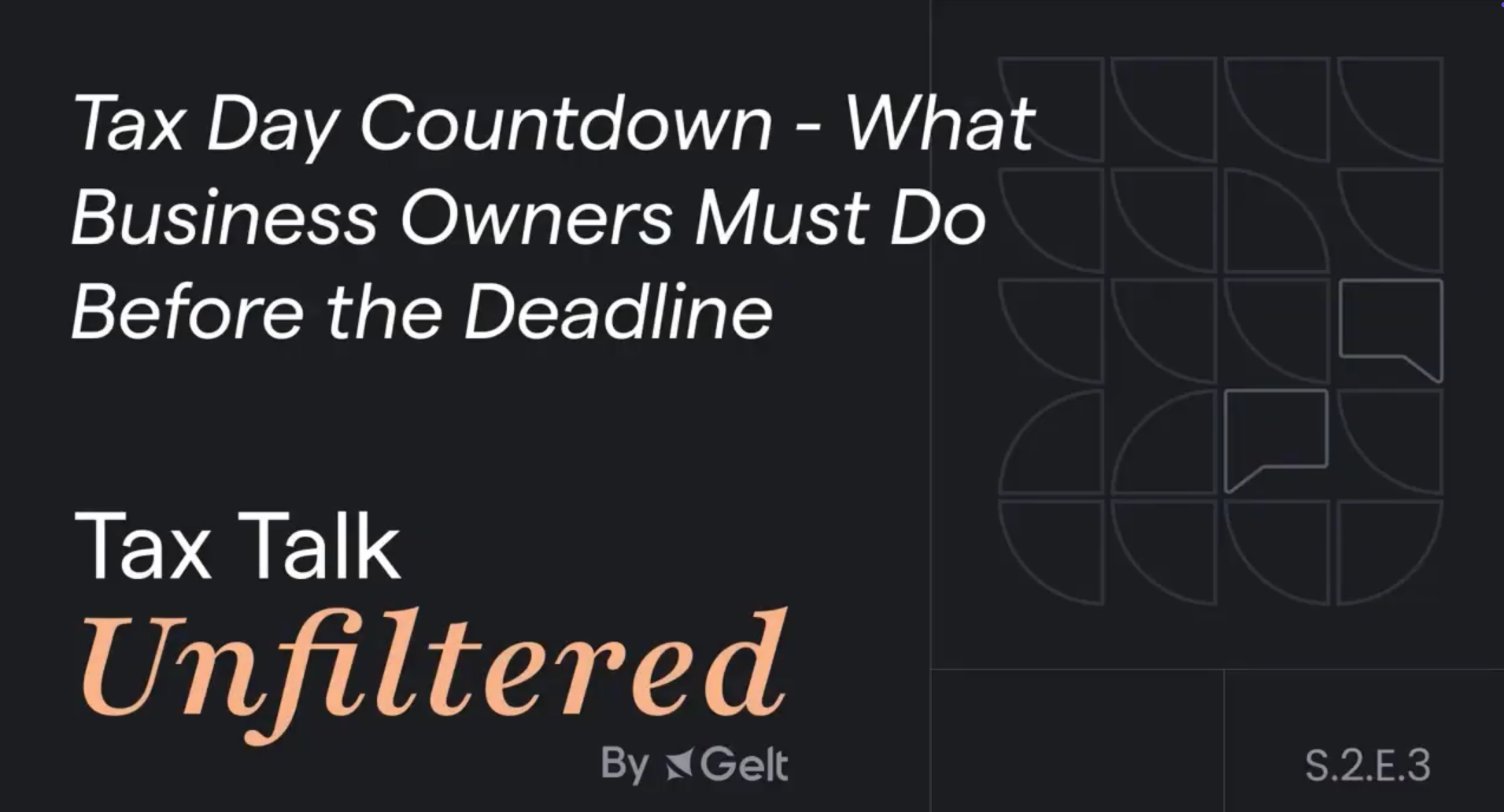
Aug 13, 2025
How to: Choose the Right Retirement Plan
Planning for retirement is one of the most important financial steps you’ll take in your life, and it can be overwhelming to determine which one is best for you. This guide will break down the most common types of retirement plans to help you make the best choice based on your needs.
Overview
- Traditional vs. Roth IRA: Traditional uses pre-tax dollars with taxable withdrawals, while Roth uses after-tax dollars with tax-free growth and withdrawals.
- 401(k) Plans: Employer-sponsored with high contribution limits, available in Traditional or Roth versions, often with employer matching.
- Solo 401(k): For self-employed individuals, allowing both employee and employer contributions with very high limits.
- SEP & SIMPLE IRAs: SEP is employer-only and flexible for fluctuating income, while SIMPLE is low-cost for small businesses with required employer contributions.
Understanding the Two Main Types of Retirement Plans
Retirement plans generally fall into two categories:
- Defined Contribution Plans – You (and sometimes your employer) contribute a set amount, and your retirement benefit depends on how your investments perform. Examples include 401(k), IRA, and 403(b).
- Defined Benefit Plans – Your employer promises a specific benefit at retirement, often based on salary and years of service. Examples include pensions and some hybrid options like Cash Balance Plans.
Individual Retirement Plans
🔑 Traditional IRA
A Traditional IRA (Individual Retirement Account) is one of the most widely used retirement savings accounts because it allows you to grow money on a tax-deferred basis. With this type of account, you may be able to make contributions with pre-tax dollars, which can reduce your taxable income in the year you contribute. Whether your contributions are fully deductible depends on factors such as your income, tax filing status, and whether you or your spouse are covered by a workplace retirement plan.
Once your money is inside the IRA, your investments, such as stocks, bonds, mutual funds, or ETFs, can grow without annual taxes on interest, dividends, or capital gains. Instead, you’ll only pay taxes when you withdraw the funds in retirement, and those withdrawals are taxed as ordinary income.
Best if you..
- Expect to be in a lower tax bracket during retirement, so paying taxes later will likely cost less than paying them now.
- Prioritize a tax break today over a tax break in the future by taking advantage of the potential deduction.
- Prefer to let your investments compound tax-deferred for as long as possible.
- Are comfortable with following withdrawal rules and taking required distributions later in life.
Quick Pros & Cons
Pros:
- Potential immediate tax deduction.
- Tax-deferred growth helps maximize compounding.
- Wide range of investment options.
Cons:
- Deduction eligibility may phase out at higher incomes.
- Withdrawals before age 59½ can trigger penalties.
- Mandatory distributions later in retirement reduce flexibility.
🔑 Roth IRA
Overview
A Roth IRA (Individual Retirement Account) offers a different tax advantage than a Traditional IRA and other types of retirement plans. Contributions to a Roth IRA are made with after-tax dollars, meaning there’s no upfront tax break. However, your money grows tax-free, and withdrawals during retirement are also tax-free.
This makes the Roth IRA especially valuable if you expect your income, and therefore your tax rate, to rise over time. Instead of deferring taxes until later, you pay taxes up front and lock in tax-free income for retirement.
Best if you..
- Expect significant growth in your retirement plan
- Anticipate being in a higher tax bracket in retirement
- Prefer tax-free withdrawals in retirement over tax savings today
- Value not having RMDs (required minimum distributions), which gives you more control over when and how you use your money.
Quick Pros & Cons
Pros:
- Tax-free growth and qualified withdrawals.
- Contributions can be withdrawn anytime without penalties.
- No required minimum distributions.
Cons:
- No upfront tax deduction.
- Income limits restrict direct contributions for higher earners.
- Earnings withdrawn early may face taxes and penalties.
🔑 401(k)
A 401(k) is an employer-sponsored plan where employees contribute a portion of their salary. Contributions are typically made through automatic payroll deductions, making saving simple and consistent. Employers may also choose to offer a matching contribution, which is essentially “free money” that can significantly boost your retirement savings.
There are two main types of 401(k) contributions:
- Traditional 401(k): Contributions are made with pre-tax dollars, reducing your taxable income in the year you contribute. Taxes are then paid when you withdraw funds in retirement.
- Roth 401(k): Contributions are made with after-tax dollars, so there’s no upfront tax break, but withdrawals in retirement, including earnings, are tax-free if conditions are met.
Best if you..
- Are an employee, and your employer offers matching contributions
- Want to maximize retirement contributions beyond the $7,000 IRA limits
- Prefer the convenience of automatic payroll deductions.
- Want flexibility between Traditional (pre-tax) and Roth (after-tax) contribution options.
Quick Pros & Cons
Pros:
- High contribution limits compared to IRAs.
- Employer matching can greatly enhance savings.
- Tax-deferred or tax-free growth, depending on account type.
- Easy, automatic payroll contributions.
Cons:
- Limited investment options compared to an IRA (usually a set menu of funds).
- Potential fees associated with plan management.
- Early withdrawals before 59½ are penalized.
- Required Minimum Distributions are required for most types of retirement plans.
Business Retirement Plans
🔑 Solo 401(k)
Overview
A Solo 401(k), sometimes called an Individual 401(k) or One-Participant 401(k), is designed for self-employed individuals or business owners with no employees (other than themselves). You can contribute both as an employee and an employer, allowing for higher contributions. This plan combines the features of a traditional employer 401(k) with the flexibility of self-employment, making it one of the most powerful retirement savings options available for entrepreneurs.
Best if you..
- Are a self-employed individual or small business owner with no other employees
- Want to contribute far more than IRA limits allow, up to $69,000 to retirement
- Prefer the flexibility of choosing between Traditional and Roth tax treatments.
- Value maximum retirement savings potential while retaining control over your investment options.
Quick Pros & Cons
Pros:
- Very high contribution limits compared to IRAs.
- Combines employee and employer contributions for maximum savings.
- Option to choose between Traditional and Roth tax benefits.
- Wide range of investment choices (depending on provider).
Cons:
- More complex setup and annual filing requirements (such as Form 5500 once plan assets exceed a certain amount).
- Limited to businesses with no employees (other than a spouse).
- Early withdrawals before age 59½ face penalties.
🔑 SEP IRA
Overview
A SEP IRA (Simplified Employee Pension Individual Retirement Account) is a retirement plan for self-employed individuals or small business owners. Contributions are made only by the employer and are tax-deductible. Contributions are discretionary, meaning the employer can decide how much to contribute each year (up to annual limits), or even skip contributions in lower-income years.
Best if you..
- Are a self-employed individual or business owner with fluctuating income and value contribution flexibility
- Want to make large, tax-deductible contributions in profitable years
- Need a plan that’s easy to set up and administer with low operating costs
Quick Pros & Cons
Pros:
- High contribution limits compared to Traditional or Roth IRAs.
- Contributions are fully tax-deductible for the business.
- Flexible annual contributions.
- Easy to establish and manage.
Cons:
- Only the employer can contribute, employees can’t defer salary.
- Contributions must be made equally for all eligible employees.
- Early withdrawals are taxed and penalized.
🔑 SIMPLE IRA
Overview
A SIMPLE IRA (Savings Incentive Match Plan for Employees) is designed for small businesses with fewer than 100 employees. Both the employee and employer can contribute, with the employer matching or making a non-elective contribution.
Employees can defer part of their salary into the plan, and employers are required to make either:
- A matching contribution (typically up to 3% of employee compensation), or
- A non-elective contribution of 2% for every eligible employee, regardless of whether the employee contributes.
Best if you..
- Are a small business owner looking for a low-cost retirement plan
- Are an employee who wants to contribute to retirement with employer matching
Quick Pros & Cons
Pros:
- Easy and inexpensive to set up and run compared to 401(k)s.
- Both employer and employee contributions are allowed.
- Employers get tax deductions for contributions.
- Employees benefit from matching or guaranteed contributions
Cons:
- Lower contribution limits than 401(k)s or SEP IRAs.
- Employer contributions are mandatory each year.
- Early withdrawals (especially within the first 2 years) face steep penalties.
Comparison Retirement Plan Key Features
How to Choose the Right Plan for You
Choosing the right retirement plan depends on several factors:
- Tax Treatment: Do you want to reduce your tax liability now (Traditional IRA, 401(k)) or in the future (Roth IRA)?
- Employment Status: Are you self-employed or do you work for an employer? Solo 401(k)s and SEP IRAs are ideal for business owners, while employees may benefit from 401(k) plans.
- Contribution Limits: How much do you want to save each year? Some plans, like the 401(k) and Solo 401(k), allow for much higher contributions than IRAs.
- Employer Match: If your employer offers a match, it’s typically beneficial to take full advantage of it before contributing to other plans.
- Flexibility: Do you need flexibility in how much you contribute each year (SEP IRA), or do you prefer automatic payroll deductions (401(k))?
Final Thoughts
Retirement planning doesn’t have to be complicated. By understanding the different types of retirement plans and matching them to your financial goals, employment situation, and tax strategy, you can build a strong foundation for your future.
---
ℹ️ If you’re still unsure which plan is best for you, talk to a CPA
This information is for educational purposes only and does not constitute legal or investment advice. Consult a qualified professional before making any investment decisions.
---
💫 Related Content
[Strategy] Mega Backdoor Roth: Supercharge Your After-Tax Retirement Contributions




















.png)



.png)
